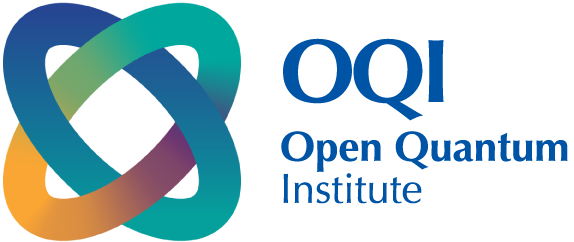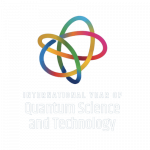Accelerating Novel Antimicrobial Discovery
Quantum machine learning solution to accelerate the antimicrobial discovery and lower resistance to drugs.
CONTEXT/IMPACT:
The WHO has identified antimicrobial resistance (AMR) as one of the top ten threats to global public health. The latest estimates are that in 2019, nearly 5 million deaths were associated with, and 1.3 million deaths attributable to drug-resistant bacterial infections. AMR has the potential to reverse decades of progress in fighting infectious diseases and undermine many aspects of modern medicine. If AMR is left unchecked, its annual death toll is expected to rise considerably, and according to estimates could cost as much as US$3.4 trillion to the global economy by 2030. Despite the urgent need to develop effective treatments for drug-resistant infections, most pharmaceutical companies have left the market to invest in more profitable areas, producing a “market failure” that has hugely exacerbated the AMR crisis. The greatest burden of AMR is in low- and middle-income countries with weaker healthcare systems and a greater lack of access to effective antibiotics.
HOW COULD QUANTUM HELP:
Our failure to discover new antibiotics largely stems from investigation of insufficient chemical space. The largest screens for antibiotics are only a few million molecules. This number is vanishingly small when compared to the theoretical number of drug-like molecules (~10 to the power of 60). Moreover, the molecules applied in these screening programs are limited in their structural diversity. An approach to address this involves the application of machine learning algorithms that can predict antibacterial activity in silico. Despite the novel generative AI algorithms to allow vast exploration of chemical space,, the challenge remains in broadening the exploration of chemical spaces. One alternative is to leverage innovative frameworks like quantum reservoir computing (QRC). QRC has the potential to explore a broader range of chemical and biological interactions more efficiently than classical methods while avoiding the difficulty in loading complex data on quantum computers.
